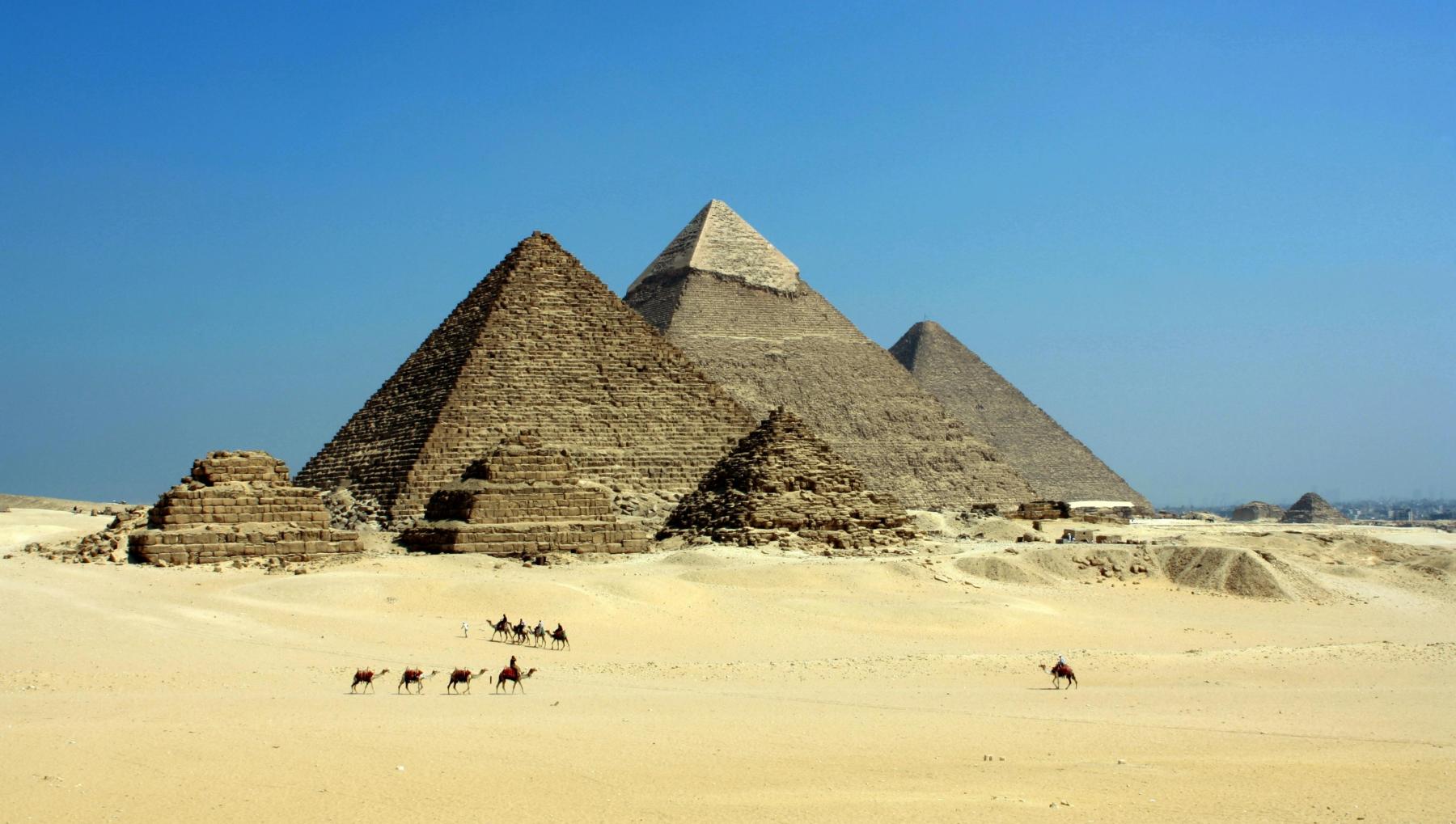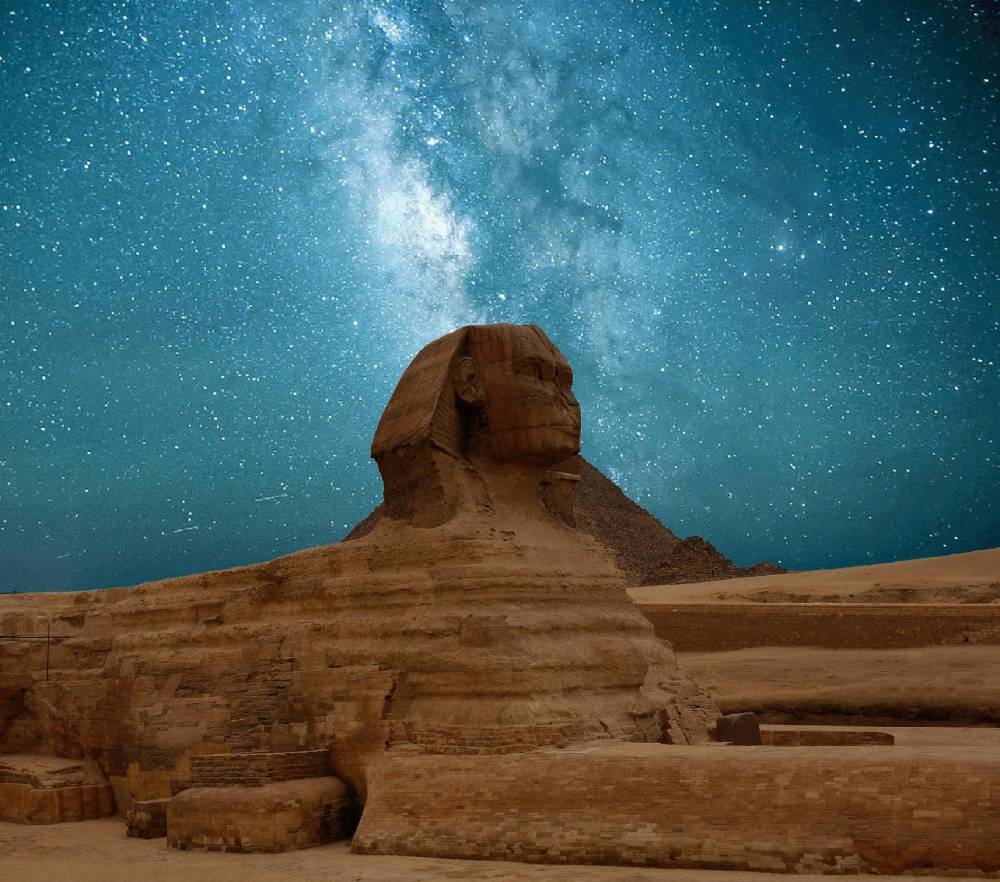Egypt, a land woven with a rich tapestry of history, culture, and breathtaking landscapes, beckons travelers from across the globe to immerse themselves in its timeless allure.

Nestled along the banks of the Nile River, this enchanting country boasts a legacy that spans millennia, captivating the imagination with its awe-inspiring monuments, vibrant traditions, and warm hospitality.
Unveiling Ancient Marvels
At the heart of Egypt's allure lies its magnificent ancient wonders, which serve as a testament to the ingenuity and grandeur of civilizations past. Chief among these is the Great Pyramid of Giza, an architectural marvel that has stood for over 4,500 years, mesmerizing visitors with its sheer scale and precision engineering. Adjacent to the pyramids lies the enigmatic Sphinx, its stoic visage guarding the secrets of the past.
Beyond Giza, the Nile Valley is adorned with a wealth of archaeological treasures. Luxor, often referred to as the world's greatest open-air museum, boasts the sprawling Karnak and Luxor Temples, while the Valley of the Kings harbors the final resting places of ancient pharaohs, including the legendary Tutankhamun.
Cultural Riches and Traditions
Egypt's cultural mosaic is as diverse as it is captivating, blending influences from the Pharaonic, Greco-Roman, Coptic Christian, and Islamic periods. In bustling Cairo, the capital city, a myriad of sights and sounds await, from the vibrant bazaars of Khan El Khalili to the serene beauty of the Mosque of Muhammad Ali.
Beyond the urban sprawl, rural Egypt offers a glimpse into traditional life along the Nile Delta, where time seems to stand still amidst verdant fields and picturesque villages. Here, one can witness age-old customs, such as the colorful festivals of Ramadan and Eid, or partake in the conviviality of a traditional Egyptian feast, complete with sumptuous dishes like koshari and ful medames.
Enchanting Landscapes and Adventures
Egypt's allure extends far beyond its ancient sites, encompassing a diverse array of landscapes that beckon outdoor enthusiasts and adventure seekers alike. Along the Red Sea coast, the resort towns of Sharm El Sheikh and Hurghada offer world-class diving and snorkeling opportunities, where vibrant coral reefs teem with marine life.
In the Western Desert, the otherworldly landscapes of the White Desert and the Great Sand Sea present a stark contrast to the verdant Nile Valley, inviting intrepid travelers to embark on desert safaris or camping expeditions beneath the star-studded skies.
How to reach Egypt then?
There are several ways to reach Egypt, depending on your starting point and preferences:
By Air
Flying is the most common and convenient way to reach Egypt, especially if you're traveling internationally. Cairo International Airport (CAI) is the main gateway, but there are also airports in other major cities like Alexandria, Luxor, and Sharm El Sheikh. Many airlines operate flights to Egypt from various parts of the world.
By Sea
Egypt has several ports along its coastline, including Alexandria, Port Said, and Suez. Cruise ships often stop at these ports as part of their itineraries, particularly those traveling through the Mediterranean or the Red Sea.
By Land
If you're traveling from neighboring countries, you can reach Egypt by land. Egypt shares land borders with Libya, Sudan, Israel, and the Gaza Strip. However, travel overland might involve crossing through checkpoints and border control, so it's important to check visa requirements and travel advisories beforehand.
By Train
Egypt has a train network connecting major cities like Cairo, Alexandria, Luxor, and Aswan. You can reach Egypt by train from neighboring countries like Sudan or via ferry from Jordan (which involves some land travel as well).
By Bus or Car
If you're in a neighboring country or region, you may also reach Egypt by bus or car. There are bus services operating between Egypt and countries like Israel, Jordan, and Sudan. However, it's essential to check border crossing requirements and travel advisories.


0 Comments